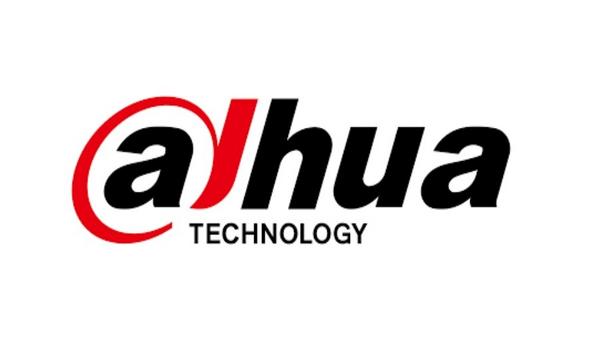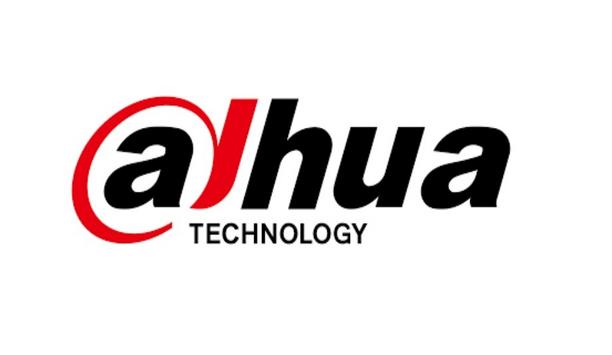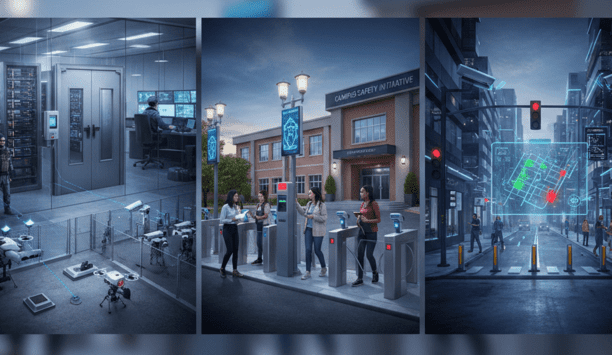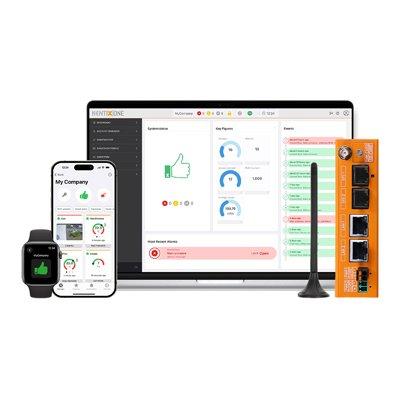There are two types of people in the world as it relates to privacy. Those that care about their privacy and sadly, those that don't. This divide continues to be further separated with the constant flood of cyber security breaches that we hear about.
We, as consumers, can no longer get a cheap hamburger without hearing that once again, the information we want to be kept secret, has been breached. The old phrase of "you can lead a horse to water but you cannot make him drink" rings true as we approach helping consumers take charge of their digital and personal privacy.
Governmental regulations for privacy
Law makers have started taking up the charge to help protect the privacy of consumers Law makers have started taking up the charge to help protect the privacy of consumers. This has been executed with the newly European General Data Protection Regulation (GDPR) which went into effect on May 25th, 2018. The core premise is the consumer owns their data. Despite any company which uses, stores, or profits from a consumer's data, the consumer still owns it.
This is a major shift away from how businesses are forced to protect the consumer's data. Even though many of us have likely heard about GDPR, it is not the only privacy law that's taking the world's stage. In fact, in California there is a new law called the California Consumer Privacy Act of 2018 which is focused around the same principles GDPR. This new California law goes into effect in 2020 and goes one step further by considering privacy as an alienable right for all consumers.
 |
| Encouragement for consumers to take charge of their digital and personal privacy is becoming ever more important |
Taking ownership of privacy
Despite the new regulations due to a corporation's lack of controls around consumer privacy data, the truth is that even though these regulations provide consumers with a mechanism to take ownership with how their personal data is used, doesn't mean they will.
It's at this point we, as the security industry, need to step back to consider how we can improve the problem. Just because laws have paved a way, we still need to help consumers travel down the road to better privacy.
For the privacy of consumers to truly be considered an inalienable right, we need to stand up for our rightsThere are two further mechanisms that we still need, governmental social programs and continued passionate discussions from the security industry. Governmental social programs will help provide free or low-cost classes for consumers to learn about how they can protect their privacy. However, governmental programs can only go so far and this by itself will not be enough.
History has shown that social progress is often accomplished by a passionate minority that stands up against the oppression of human rights. For the privacy of consumers to truly be considered an inalienable right, we need to stand up for our rights.
Not only do we need to exercise the capabilities new GDPR laws has created for us, but we should tell the important people in our lives. We need to stand up for our privacy because if we don't, we'll end up losing even more of our privacy.
Stay ahead of the trends on securing physical access control systems through layered cybersecurity practices.



























